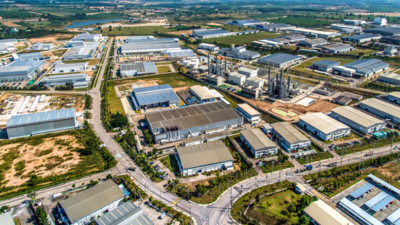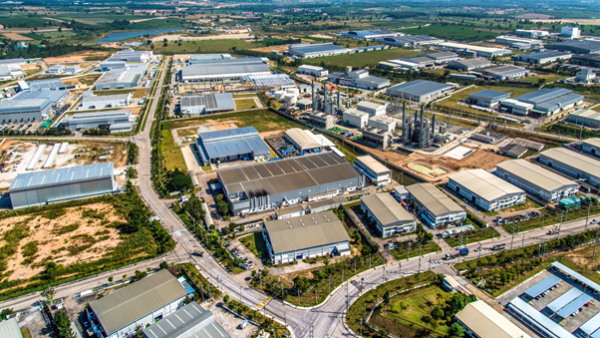TACHAN
- 8 August, 2023
- by Admin
Overview of Vietnam’s Legal and Regulatory Framework for Foreign Investors
Vietnam has implemented a legal and regulatory framework to facilitate foreign investment and create a favorable business environment for international companies. The government has undertaken various reforms to attract foreign direct investment (FDI) and promote economic growth. Here is an overview of Vietnam’s legal and regulatory framework for foreign investors:
Investment Laws:
The Law on Investment and its subsequent amendments form the foundation of Vietnam’s investment framework. These laws provide the legal basis for investment activities, define the rights and obligations of investors, and outline the investment approval process. The laws also establish different forms of investment, including foreign-owned enterprises, joint ventures, and business cooperation contracts.
Investment Promotion:
To attract foreign investment, Vietnam has established investment promotion agencies at both national and provincial levels. The Ministry of Planning and Investment (MPI) is responsible for formulating investment policies and coordinating with other relevant ministries and agencies. Provincial People’s Committees also play a crucial role in promoting investment opportunities and facilitating project implementation at the local level.
Market Access and Trade Agreements:
Vietnam has actively pursued regional and global integration through participation in various trade agreements. These agreements provide preferential market access, reduce trade barriers, and enhance the investment environment. Notable agreements include the Comprehensive and Progressive Agreement for Trans-Pacific Partnership (CPTPP), the EU-Vietnam Free Trade Agreement (EVFTA), and the ASEAN Economic Community (AEC) agreements.
Foreign Investment Protection:
Vietnam offers legal protection to foreign investors through bilateral investment treaties (BITs) and international arbitration mechanisms. BITs establish a framework for protecting foreign investments and resolving disputes. In addition, Vietnam is a signatory to the Convention on the Settlement of Investment Disputes between States and Nationals of Other States (ICSID), providing access to international arbitration for investment-related disputes.
Investment Incentives:
Vietnam provides various investment incentives to attract foreign capital into specific sectors or geographical areas. These incentives include tax breaks, land-use privileges, customs duty exemptions, and simplified administrative procedures. Priority sectors for incentives often include manufacturing, high-tech industries, infrastructure development, and renewable energy.
Intellectual Property Rights (IPR) Protection:
Vietnam has made efforts to strengthen intellectual property rights protection to encourage innovation and technology transfer. The country has enacted laws and regulations in line with international standards and is a signatory to major international IP conventions. Foreign investors are encouraged to register their intellectual property and enforce their rights through the legal system.
Labor and Employment Laws:
Vietnam has specific regulations governing labor and employment matters. These laws cover areas such as employment contracts, working conditions, minimum wages, social insurance, and occupational safety. Foreign investors are required to comply with these regulations and ensure fair treatment of their employees.
Corporate Governance and Compliance:
Foreign-invested enterprises in Vietnam must adhere to corporate governance principles and comply with accounting, auditing, and reporting requirements. The laws and regulations related to corporate governance ensure transparency, accountability, and good business practices.
Vietnam’s legal and regulatory framework for foreign investors has undergone significant improvements to create a conducive investment environment. The government’s efforts to streamline procedures, protect investments, and offer incentives have contributed to the country’s attractiveness as an investment destination. However, it is essential for foreign investors to engage professional legal and business advisors to navigate the specific requirements and ensure compliance with Vietnamese laws and regulations.
- Tags:
Related news









